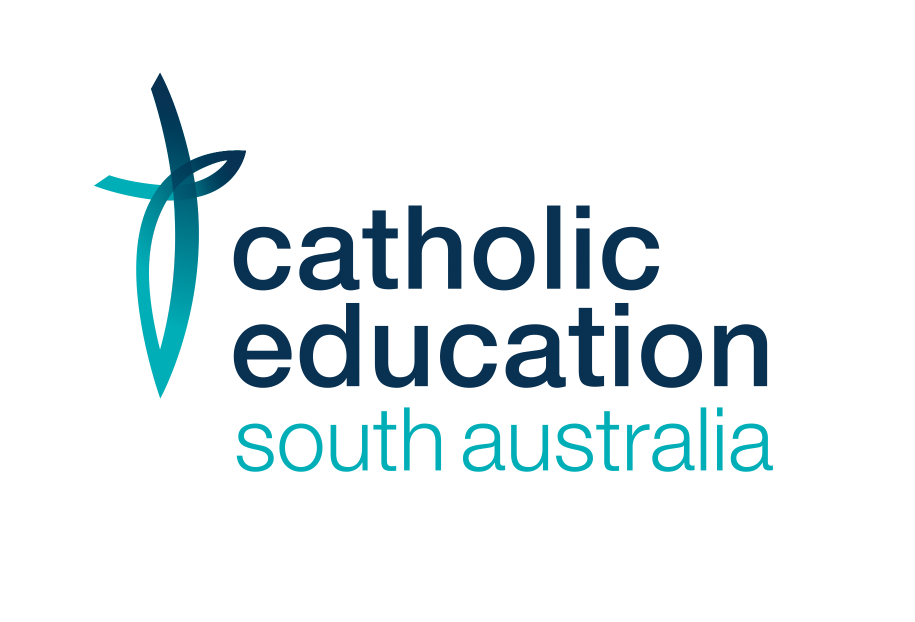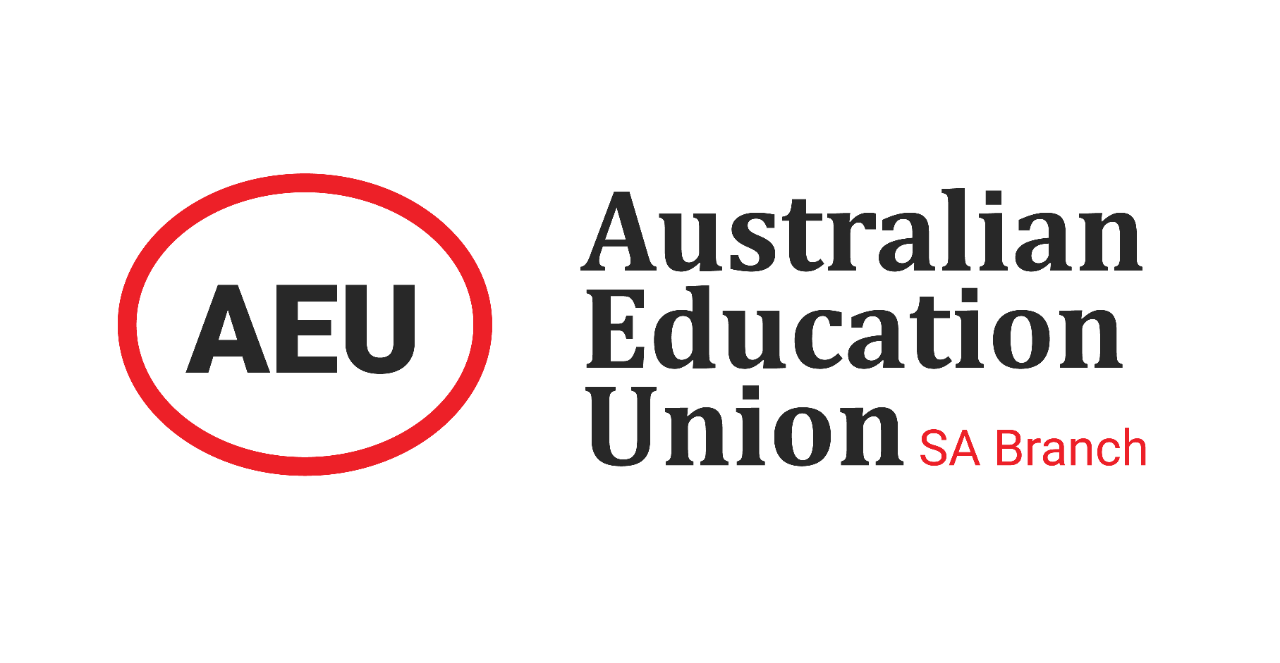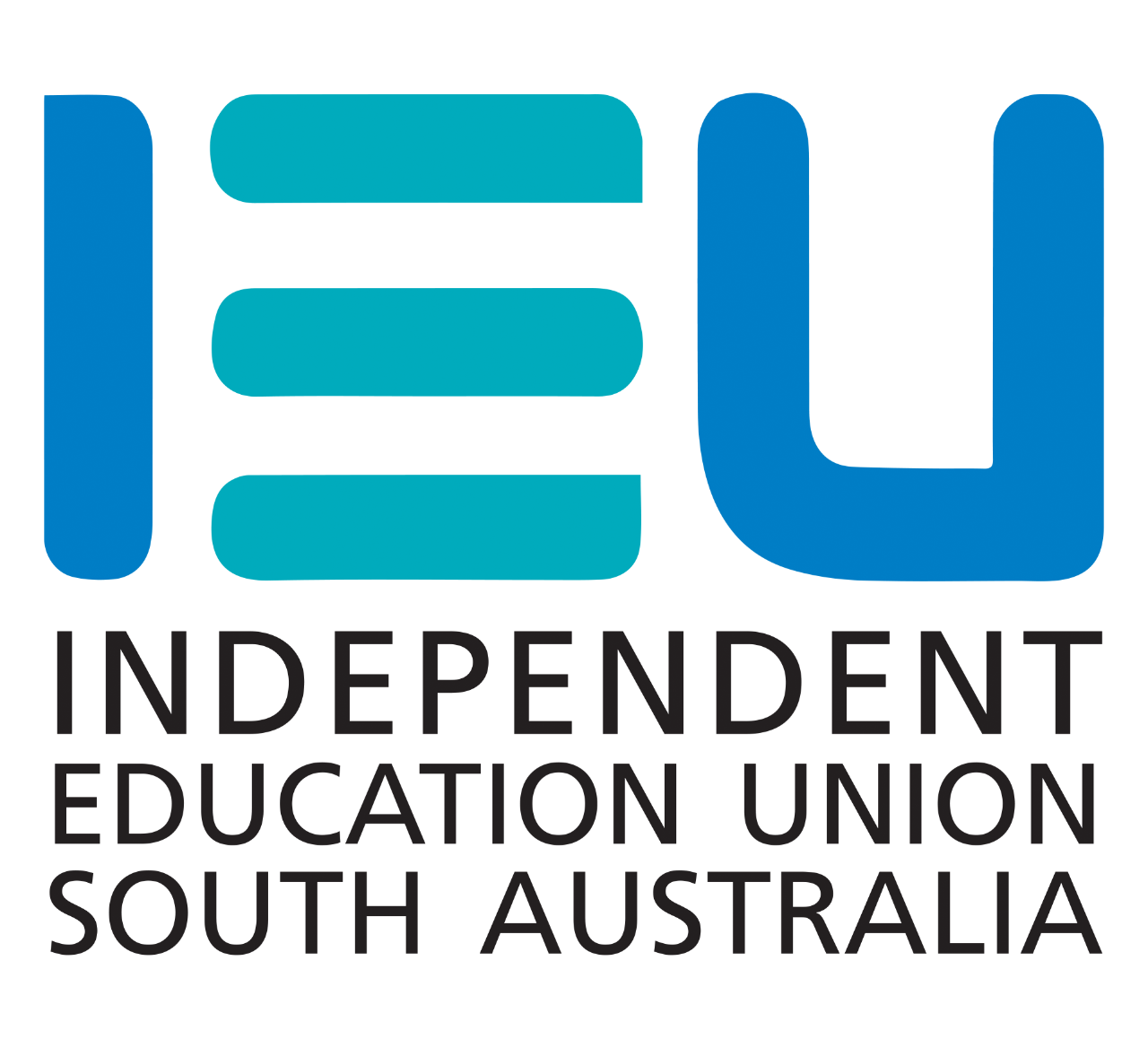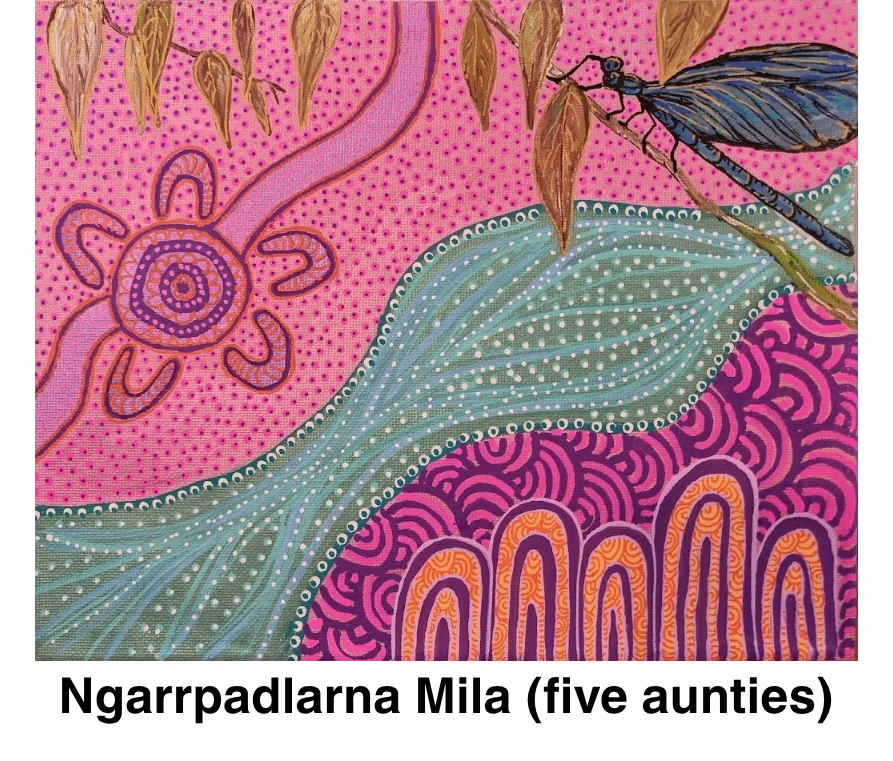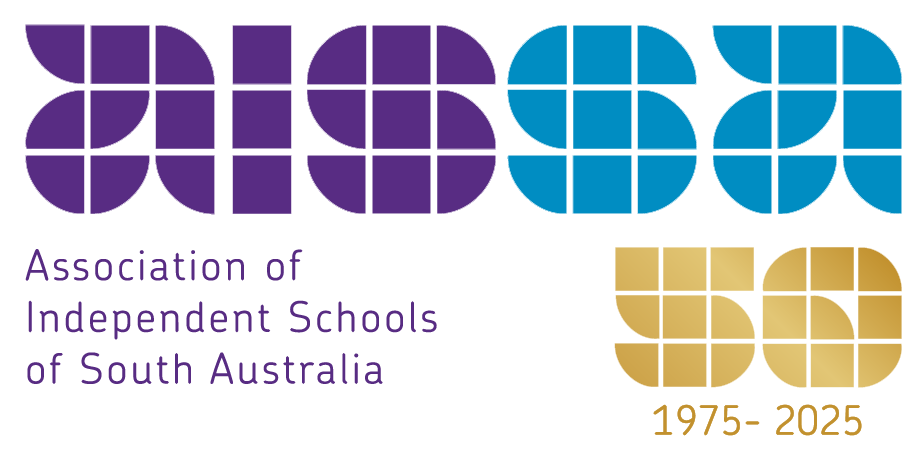First Nation Teachers Conference 2025
The Path Forward:
Reimagining Indigenous Education Through a Praxis of Love
Dates: 1-2 October 2025
Location: Flinders University City Campus, Level 14, Station Rd, Adelaide, SA 5000
For more information, contact: CHASS.VPED@flinders.edu.au
What is the First Nation Teachers Conference?
The inaugural First Nation Teachers Conference 2025 is a vibrant two-day event designed for Aboriginal and Torres Strait Islander educators across South Australia. While the primary focus is on current Aboriginal and Torres Strait Islander teachers working in Early Childhood, Primary, and Secondary education settings, we warmly invite abstract submissions from Aboriginal and Torres Strait Islander tertiary educators, former teachers, and teacher education students.
This conference aims to celebrate, amplify and connect the voices of Aboriginal and Torres Strait Islander educators within South Australia. It is a space for empowering educators, honouring cultural knowledge, strengthening self-determination and sovereignty, and driving impactful transformation within South Australia’s education systems.
Hosted by Flinders University, in partnership with the Department for Education, Ngarpadla Corporation, Catholic Education South Australia (CESA), the Association of Independent Schools of South Australia (AISSA), the Australian Education Union (SA Branch), and the Independent Education Union, this conference will gather a vibrant and diverse community of participants. These include First Nations teachers from public and private sectors, Indigenous student teachers, and school leaders.
Through keynote presentations, panel discussions, cultural exchanges, and interactive workshops, the conference will provide a powerful platform to:
- Celebrate Indigenous knowledge systems, languages, and holistic approaches to teaching and learning.
- Strengthen self-determining sovereignty and Indigenous-led education futures.
- Support and uplift Indigenous student teachers and early career educators through mentorship and connection.
- Nurture culturally safe, responsive, and inclusive education environments.
- Empower cross-sector collaboration and sustained professional networks across public, Catholic, and independent education systems.
- Create clear pathways for Indigenous leadership, employment, and academic influence in education.
- Support Initial Teacher Education students to thrive through culturally grounded learning and guidance.
- Honour the expertise of our Indigenous communities.
Attendees will receive a Certificate of Professional Learning aligned with key focus areas of the Australian Professional Standards for Teachers, including content knowledge, curriculum and assessment, Aboriginal and Torres Strait Islander perspectives, teaching strategies, and professional engagement (APST focus areas 2.1, 2.2, 2.3, 2.4, 3.3, 6.2, 6.3 & 7.4).
Our Speakers

Kylie Captain is a proud Gamilaroi woman, best-selling author, and highly respected educator with over two decades of experience in education, leadership, and community services. She is the President of the Aboriginal Studies Association and the Founder of Dream Big Education Wellbeing & Consulting, where she leads transformative initiatives that promote cultural respect, leadership, mindset growth, and Aboriginal educational excellence.
Kylie is a teacher and has leader in Aboriginal Education who works holistically with schools, communities, and organisations. She delivers professional learning for teachers and leadership teams, supports students from Kindergarten to Year 12, and provides facilitator training and cultural capability workshops for corporate and government organisations. Her work is grounded in lived experience and cultural integrity, and she remains deeply connected to community, ensuring that every program she delivers is meaningful and responsive.
She is passionate about embedding truth-telling, strength-based approaches, and culturally responsive teaching across the curriculum. Her leadership is fuelled by her personal journey of overcoming adversity, combined with professional expertise, making her a powerful advocate for equity, and systemic change.
A 2024 finalist for the NSW Aboriginal Woman of the Year Award, Kylie recently launched her third book, a motivational title for teens co-written with her son Tyrell at the iconic Sydney Opera House. Her mission is simple yet powerful: to uplift and empower one student, one teacher, and one organisation at a time. She encourages educators to lead with passion and purpose, honouring the old ways of learning to create a culturally safe, inclusive, and thriving future for all students.

Professor Simone Ulalka Tur is the from the Yankunytjatjara community, north-west South Australia and is the Pro-Vice Chancellor Indigenous at Flinders University. A particular focus of her leadership role involves integrating Indigenous Australian perspectives within university topics and promoting a greater understanding between Aboriginal and Torres Strait Islander Australian peoples and the broader Australian community.
Her work also explores new spaces where all Aboriginal and Torres Strait Islander and non-Aboriginal and Torres Strait Islander peoples can re-engage and transform their understandings of Australia and what it means to be Australian from an Indigenous perspective. Simone is also part of The Unbound Collective – a collective of four Aboriginal women academics/artists, who enact critical creative responses to colonial archives.

Faye Rosas Blanch is a Murri woman from the Atherton Tablelands, of Yidniji/Mbarbarm descent. She holds a Master’s degree from Flinders University, where she completed her thesis in 2009 titled ‘Nunga Rappin, Talkin the Talk n Walkin the Walk: Young Nunga Males and Education’.
She also earned a PhD from Flinders University with her dissertation ‘What is this Sovereignty Thing? Intimate Connection to Country’. Blanch is deeply committed to Indigenous education and to decolonizing, collaborative research methodologies. In addition to her academic work, she is a rapper and a member of the Unbound Collective.

Associate Professor Natalie Harkin (Narungga) is a poet and Research Fellow with the Indigenous Studies team at Flinders University, who began her career in the Indigenous higher education sector in 1996.
Her research centres on Aboriginal women's domestic service and labour history and Indigenous Living-Legacy / Memory Story archiving innovations for our time. She is committed to archival justice and is a member of South Australia's inaugural State Records/State Library of SA's Aboriginal Reference Group, and the national First Nations Working Party of the Australian Dictionary of Biography.
Her words have been installed and projected in mixed-media exhibitions, including a decade long creative-arts research collaboration with the Unbound Collective. She is widely published, and her manuscripts include Dirty Words (Cordite Books, 2015), Archival-poetics (Vagabond Press, 2019), and APRON-SORROW / SOVEREIGN-TEA (Wakefield Press, 2025).

Irene Scriven is a proud descendant of the Boandik and Gunditjmara Aboriginal nations. She has worked as a teacher and school principal in South Australian public schools for 21 years. More recently Irene worked for the SA Department for Education in the Aboriginal Workforce Initiative team. Irene has a Bachelor of Education (R-7), Grad Cert. (Inquiry Learning), Master of Education (Educational Leadership) and is now a PhD candidate with the University of South Australia. Her PhD is titled “An investigation into Indigenous Educational Leadership within SA schools”.
Irene’s research seeks to work in ways that privilege Aboriginal voices, employing approaches within qualitative research methodology that are specific to Aboriginal ways of knowing. Her research is designed to challenge the dominant western discourse that has influenced current education policy and practice and reframe what is the norm in constructs of educational leadership by proposing alternative understandings.

Tirritpa Ritchie is a Kaurna man from Adelaide, South Australia with cultural ties to Narrunga, Ngarrindjeri, Adnmaytha, Kokatha, Wirangu and Dunghutti. He is the father of two children.
Tirritpa’s previous work history includes multiple public service roles, such as youth mentoring in education, welfare and tenancy in housing, rehabilitation in corrections, and youth work in social services. He worked as an OT delivering paediatric OT services to metro and remote communities in South Australia including his home community, a highlight of his career. Tirritpa worked as a researcher at the South Australian Medical Health Research Institute. He has worked as a Lecturer at the University of South Australia, and Flinders University developing Aboriginal Health curriculum, strategic implementation, planning and content delivery.
Tirritpa is a former Deputy Chair of Indigenous Allied Health Australia, a national member-based organisation for allied health professionals, a leader for workforce development and support, to improve the health and wellbeing of Aboriginal and Torres Strait Islander peoples.
Contribute
Have insights on helping Indigenous educators thrive? Share your best practices in a 15-minute presentation. Click the link below to express your interest.
The Unbound Collective
The Unbound Collective explores Indigenous sovereignty within and beyond the structures of the colonial settler state through research, performance, and collective expression.

The range of careers available for Bachelor of Arts graduates is amazing.
A Bachelor of Arts is the most common degree among non-executive directors of Australia's 100 biggest public companies, and two thirds of Australia‘s workforce have studied humanities and social sciences.*
By 2026, around 61,000 new positions will be created for Arts Professionals according to the National Skills Commission. So what does that mean for you? Job opportunities range from Business, to Media, to Government and Politics, to Marketing, Writing and more.
*The Academy of Social Sciences in Australia
![]()
Sturt Rd, Bedford Park
South Australia 5042
South Australia | Northern Territory
Global | Online
CRICOS Provider: 00114A TEQSA Provider ID: PRV12097 TEQSA category: Australian University

